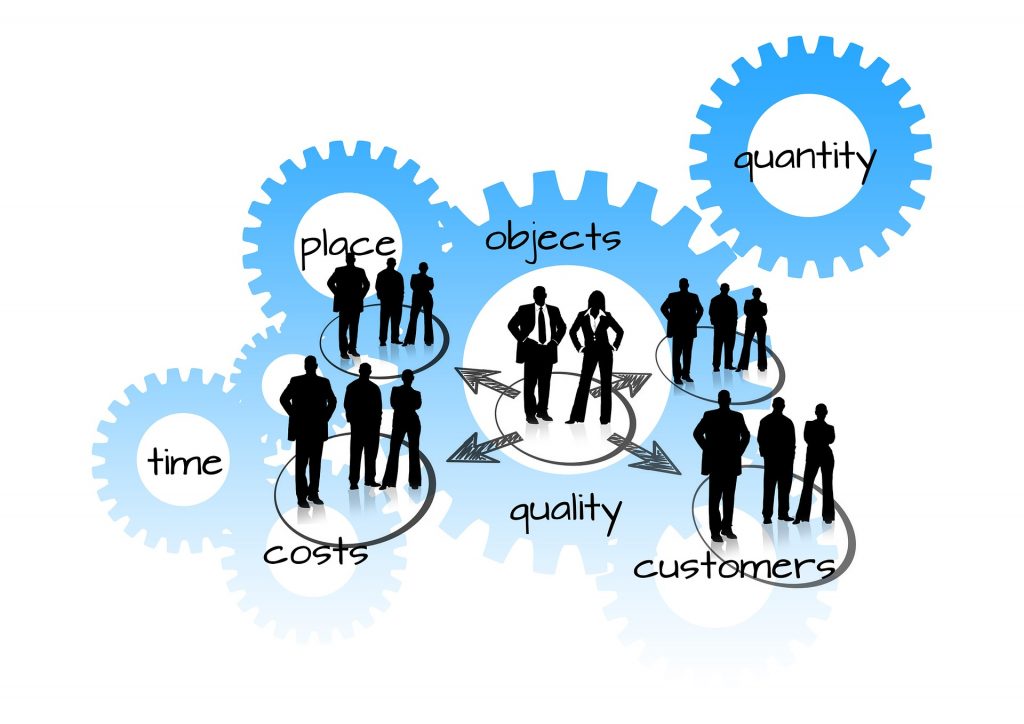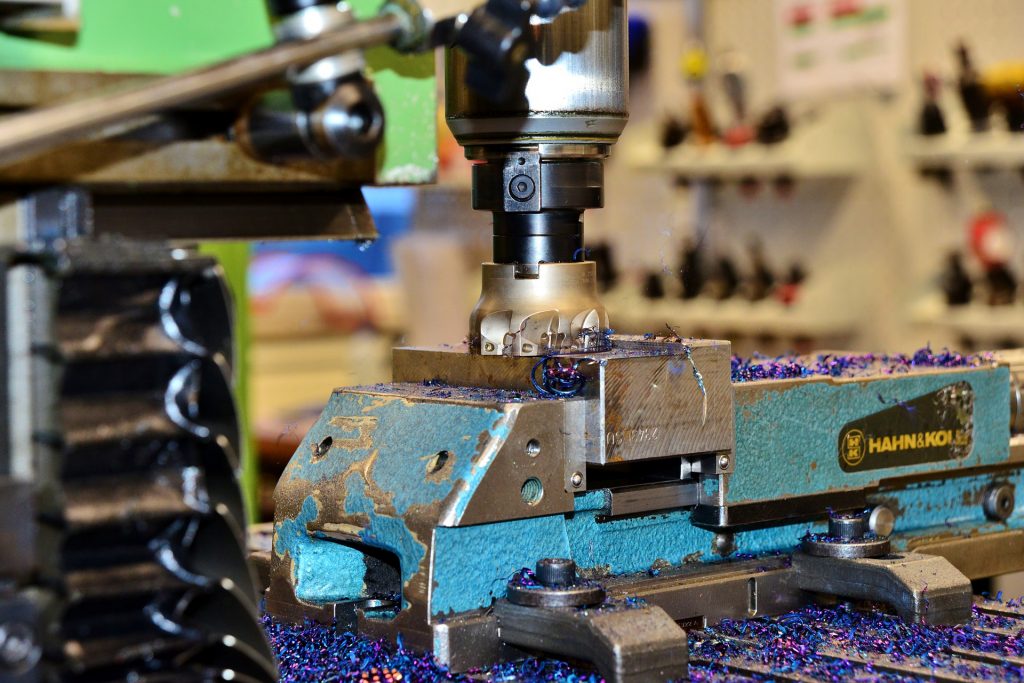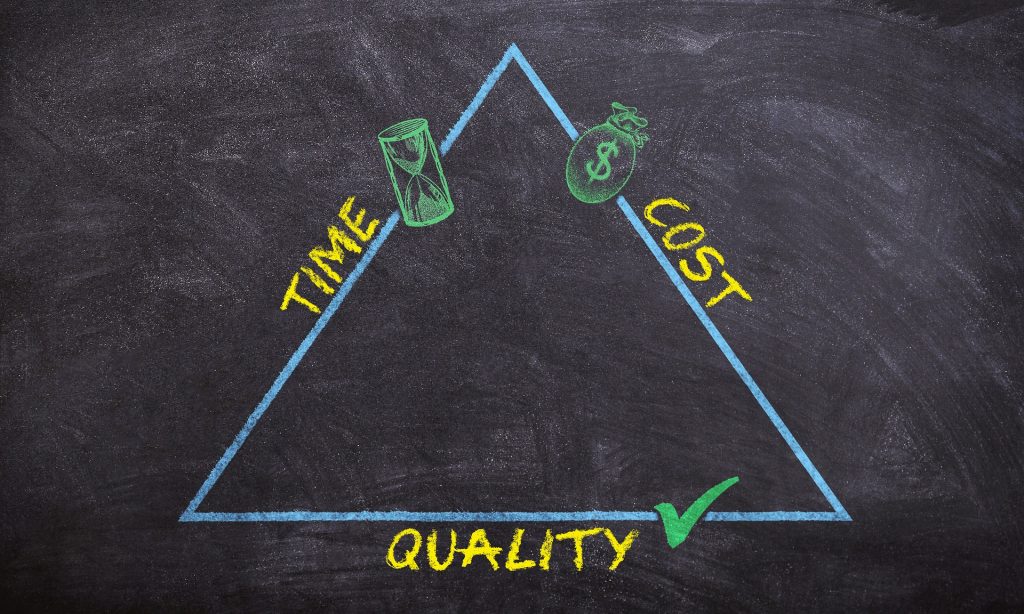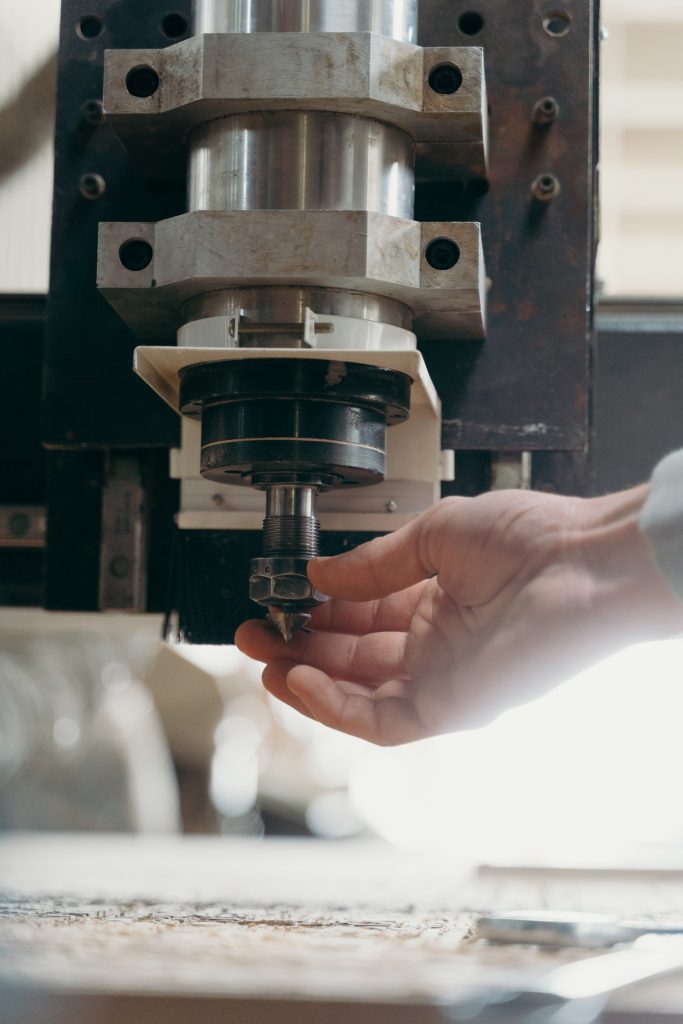Process Flow (Production, Quality, Maintenance) Digitalization
Process Flow Digitization is the conversion of production-relevant items from analog to digital in order to digitize and automate production processes or workflows. Digitization at MSF is not just the automation of existing manual and paper-based processes, but the conversion of data from all relevant analog units in the process into a digital format.
Process Digitization; the goal of digitizing processes is not just digitizing the process, but digitally managing data using some digital algorithms to transform it into more efficient, more productive processes. The Digital Transformation of a Business presents enormous opportunities for innovation and competitive advantages, which will require a complete rethinking of the organization: cultural, strategic, technological, and operational changes where processes play a fundamental role together with the data. But Digitization does not cause a transformation, it is necessary to insert digital technologies into existing processes to achieve a business evolution (Digitalization), taking advantage of digital data, providing more value to customers, obtaining an increase of revenue, and optimization of business processes. But the digitalization is insufficient for a complete digital transformation of the business, as it will be necessary to respond to the new business models supported by new automated business processes that allow offering the new offer of products and services to its customers.

Production Digitization
In today’s world, where competition in production is increasing, all steps of production must be digitized for more efficient production in a way that fully provides the lean production approach.
In order to increase efficiency, it requires more efficiency from humans and machines. For this, real-time machine and employee information provides more efficient and optimized work planning according to the efficiencies of the machine and the mastery of the employees. These plans are also possible with digitalization with MSF, as it will affect the processes in the supply chain, production or logistics. Because MSF digitalizes not only the shop floor but also all relevant parties in production, allowing the most optimal use of the available capacity, from the receipt of the production order to the delivery.
Digitized production processes, in which a lean production approach will take place, make factories smart. The intelligence generated by all inputs of production is fully utilized when the smart factory algorithm consistently optimizes the process chain in production.

In the digital production process, since the machines are connected to each other in the network, various information such as the production of the product in the desired configuration and the place of delivery is also included. Since the necessary process steps in production are known in the system, the parts to be produced can be planned with the capacity that is networked with the production machines and the exact time of the production steps can be planned with which machine, when the production order is given, the production starts automatically and the process is completed until the delivery. A self-sufficient production process is realized without requiring human intervention. In order to ensure the optimum among the machines within the scope of the planning, in the event of a malfunction of one of the machines, the production capacity is divided among the other suitable machines, and the plans are automatically updated to ensure the completion of the production, which is the main purpose.
Quality Digitalization
Digitization in quality is the digitization of workflows and processes associated with quality activities. Production must be traceable as possible errors will have consequences for the production process and product life cycle while production continues according to the production order. Real-time monitoring of these errors allows corrections to be made in a short time. Thus, it prevents the continuation of errors in production and prevents the waste of material and time. The fastest and easiest way to achieve this is to digitize quality operations.

Digital quality is in brief much more than having the documents available in an electronic format. It concerns digitalizing and connecting both the processes and the data, which should be reliable and of high quality. Ideally, they are supported by advanced enterprise-wide technology and a company-wide culture of quality. With this approach, quality, as well as regulatory compliance, are easily met. And organizations have a good foundation on which to base sound decision-making.

MSF software performs the tasks required to receive, process, and analyze digital data such as industrial quality assurance, defect detection, rework, sensor data, etc. It is ensured that the efficiency of the production is displayed in the generated reports. At the same time, thanks to product traceability, it allows the past productions to be examined by keeping them in the records with tools such as batch code and barcode.
Maintenance Digitalization
Maintenance process digitization plays an important role in industry digitization. Maintenance digitalization is the most important part of the transition to predictive maintenance, which includes instant monitoring of the status of the machines and analyzing the data obtained.

Thanks to the digitalization of maintenance processes, in addition to the types of maintenance offered by machine manufacturers, the frequency of device maintenance can be reduced through real-time data, by detecting bad formations in the machines and ensuring that they are taken to planned maintenance without failure. This allows companies to reduce their maintenance costs and thus their production costs. In order for MSF predictive maintenance to turn into efficiency, machine health is constantly measured and trends are monitored. is working.
Thanks to the advances in today’s technology, machines can be equipped with inexpensive sensors to facilitate data collection, and the data collected to the cloud can be analyzed and reused. Thanks to today’s technologies, it is possible to automatically access the data that you need to spend time for calculations made with the technology that was previously available. Thus, knowing in advance when the next maintenance should be done, it contributes to the production planning accordingly.
